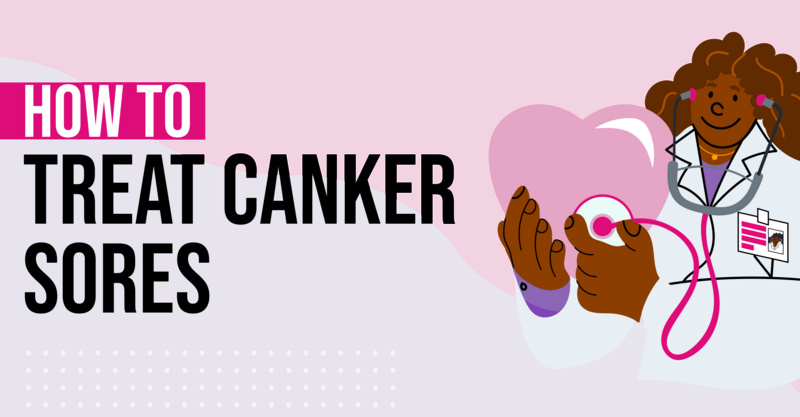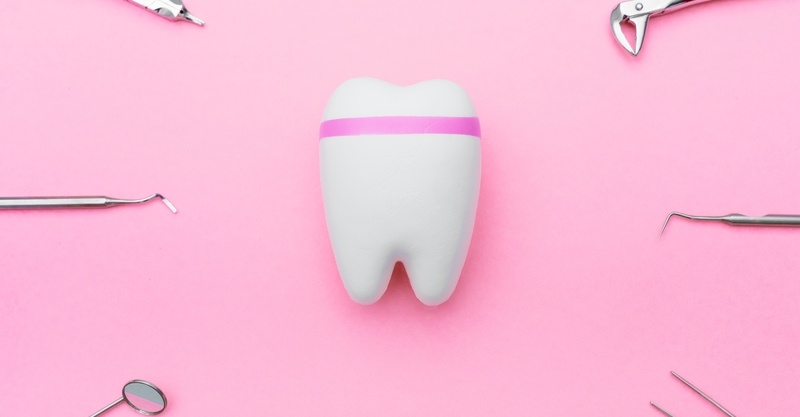Key Points
- Cosmetic dentistry can address various dental issues including discolored, chipped, broken, or missing teeth, as well as reshape poorly shaped teeth and fill gaps.
- Treatment options in cosmetic dentistry are diverse, ranging from dental crowns, implants, veneers, teeth whitening, to braces, gum reshaping, and tooth reshaping.
- Despite its benefits, cosmetic dentistry can be expensive, often not covered by insurance, and may require multiple sessions.
- There are risks involved in cosmetic dentistry, including potential problems with anesthesia and post-procedure issues with teeth.
- Before undergoing a cosmetic dentistry procedure, it's crucial to understand the short and long-term expectations, address any underlying self-consciousness issues, and ask your doctor important questions.
6 Reasons Why You Would Need Cosmetic Dentistry
1. Discolored teeth
Tooth discoloration is caused by eating or drinking certain substances over time, like coffee or tea, or smoking or using drugs. Also, the natural process of aging will cause your teeth to become discolored. If you are looking for an option to remove tooth discoloration and get your teeth looking white again, teeth bleaching or whitening can be effective.[1] You can also choose an option that covers discolored teeth, such as veneers.
2. Chipped or broken teeth
If you’ve ever chipped or broken a tooth, you know the feeling is uncomfortable and can even be painful if you bite down on the area wrong. However, fixing a chipped or broken tooth can sometimes be considered cosmetic in nature. You might want to choose a treatment like bonding, dental veneers, or a dental crown to fix it.[2]
3. Missing teeth
You may feel embarrassed and uncomfortable when one or more of your teeth is missing. Dentures or a dental bridge can replace missing teeth and give you a more even smile. Dental implants are a better option if you are missing one or just a few teeth because they are permanent, unlike a dental bridge, which can be removed.
4. Sharp or poorly shaped teeth
Sometimes, teeth can become very sharp, either from being chipped or from simply growing that way. Teeth can also be poorly or strangely shaped. This can be treated with cosmetic teeth shaping or enamel shaping, a process that allows for reshaping the tooth. The enamel is filed down in a noninvasive, nonpainful process. You can also use dental crowns to cover poorly shaped teeth.
5. Gaps in the teeth
Gaps in your teeth can be annoying, as food can consistently get stuck in them, and you may not like their appearance. You may choose an option like veneers to cover up large gaps in your teeth, or you could get braces to minimize these gaps and realign your smile.
6. Self-consciousness
If you don’t like to smile because you feel self-conscious about your teeth or your mouth, then cosmetic dentistry can help to give you a smile you are more comfortable with.
Understanding Cosmetic Dentistry
Cosmetic dentistry covers a number of treatment options and procedures that people use every day to make their teeth more even and healthy-looking as well as to treat the look of their gums or other portions of their mouths. This type of dentistry is called cosmetic because it isn’t considered to be necessary for overall health. It can include a number of treatments, such as:
- Dental crowns
- Dental implants
- Dental veneers
- Teeth whitening
- Tooth bonding
- Enamel shaping
- Composite fillings
- Braces (especially for adults who want them for cosmetic reasons)
- Gum reshaping
- Dental bridges
- Gum grafts
- Tooth reshaping
Several different dental techniques can all be used together to create what is known as a smile makeover.[3] This is a great option for those who have several problems at once, such as stained and cracked teeth as well as a gummy smile. Depending on the amount of money you’re willing to spend, your teeth can be reshaped, restructured, completely covered, or replaced through cosmetic dentistry.
Cosmetic dentistry can be costly, as most insurance plans do not cover it because it’s not considered a necessary treatment. In addition, treatments can range from one to many sessions, and further care after the treatment can range from mild to intensive, depending on the choices and changes you made.
Risks of Getting Cosmetic Dentistry
1. Anesthetic
In some cases of cosmetic dentistry, a general anesthetic is used, and there is always a risk when using this option. Many treatments only require a local anesthetic, so it’s important to know which one you will need for your procedure along with the risks of each.
2. Problems with teeth
Your teeth may look better after cosmetic dentistry, but there are some possible side effects that can occur after certain procedures. For example, sometimes teeth can become unusually sensitive after a procedure like a dental crown.[4] This can require further treatment and possibly even a root canal to correct.
What to Expect with Cosmetic Dentistry
1. Short and long-term expectations
Knowing the short and long-term expectations of your chosen treatment is important. Not all treatments are built to last. For example, teeth whitening can fade over time, and teeth can eventually become discolored again, requiring another treatment. Other options, like porcelain veneers, might look nice, but they could potentially crack or chip if you aren’t careful with them.
2. Loving your smile
Some people think that having cosmetic dentistry done will not only change or improve the look of their teeth but will also remove any feelings of self-consciousness that they may have. For some people, cosmetic dentistry will achieve both goals; however, for others, those underlying issues still need to be addressed. If you work on your feelings about yourself as well as work to build a smile you are more comfortable with, you can start to feel better both inside and out.
Questions to Ask Your Doctor About Your Cosmetic Dentistry
- Have you performed this procedure in the past, and if so, how many times?
- Am I a good candidate for this procedure?
- Will I receive anesthesia, and if so, what kind and what are the risks?
- Will my procedure be covered or partially covered by my insurance? If not, do you offer a payment plan?
- What should I expect after my procedure?
- Are there any side effects I should watch out for?
- Will I need multiple treatments?
Cosmetic Dentistry May Also be Known as:
- Cosmetic dental surgery
- Cosmetic dental procedure
References
Frequently asked questions
What issues can cosmetic dentistry address?
Cosmetic dentistry can help with a variety of dental issues such as discolored, chipped, broken, or missing teeth. It can also reshape poorly shaped teeth and fill gaps.What are some treatment options in cosmetic dentistry?
There are many treatment options including dental crowns, implants, veneers, teeth whitening, tooth bonding, enamel shaping, composite fillings, braces, gum reshaping, dental bridges, gum grafts, and tooth reshaping.Is cosmetic dentistry expensive?
Yes, cosmetic dentistry can be costly. It's often not covered by insurance and may require multiple sessions.Are there risks involved in cosmetic dentistry?
Yes, there are risks such as potential problems with anesthesia and potential issues with teeth after the procedure.What should I consider before undergoing a cosmetic dentistry procedure?
It's important to understand the short and long-term expectations of the chosen treatment, address any underlying self-consciousness issues, and ask your doctor important questions.Is cosmetic dentistry covered by insurance?
Typically, cosmetic dentistry is not covered by insurance as it is considered elective rather than necessary.Can cosmetic dentistry procedures be completed in one session?
Some procedures may be completed in one session, but others may require multiple sessions depending on the complexity of the treatment.What questions should I ask my doctor before a cosmetic dentistry procedure?
You should ask about the risks and benefits of the procedure, the cost, the number of sessions required, and the expected short and long-term results.
Solv has strict sourcing guidelines and relies on peer-reviewed studies, academic research institutions, and medical associations. We avoid using tertiary references.









